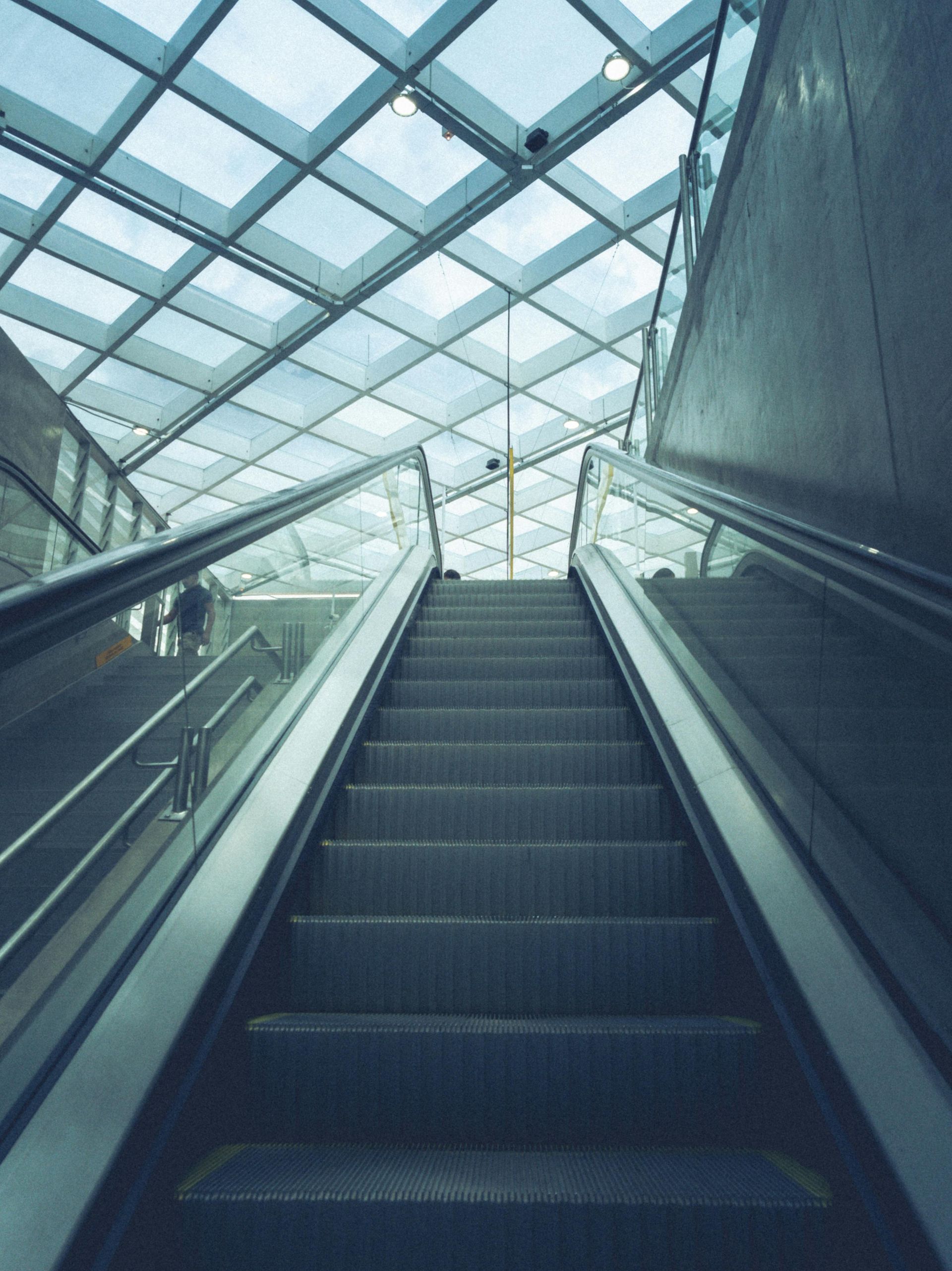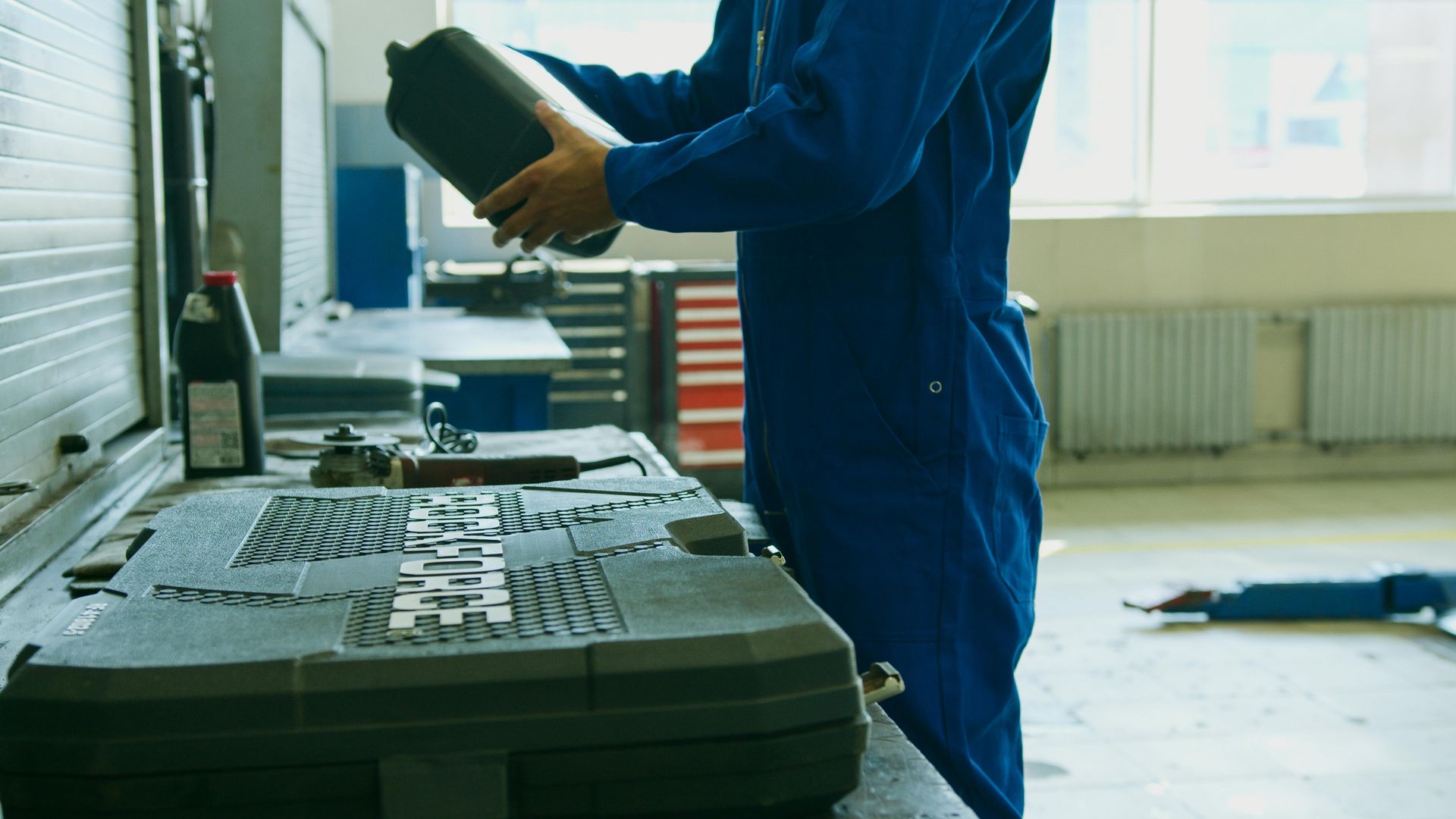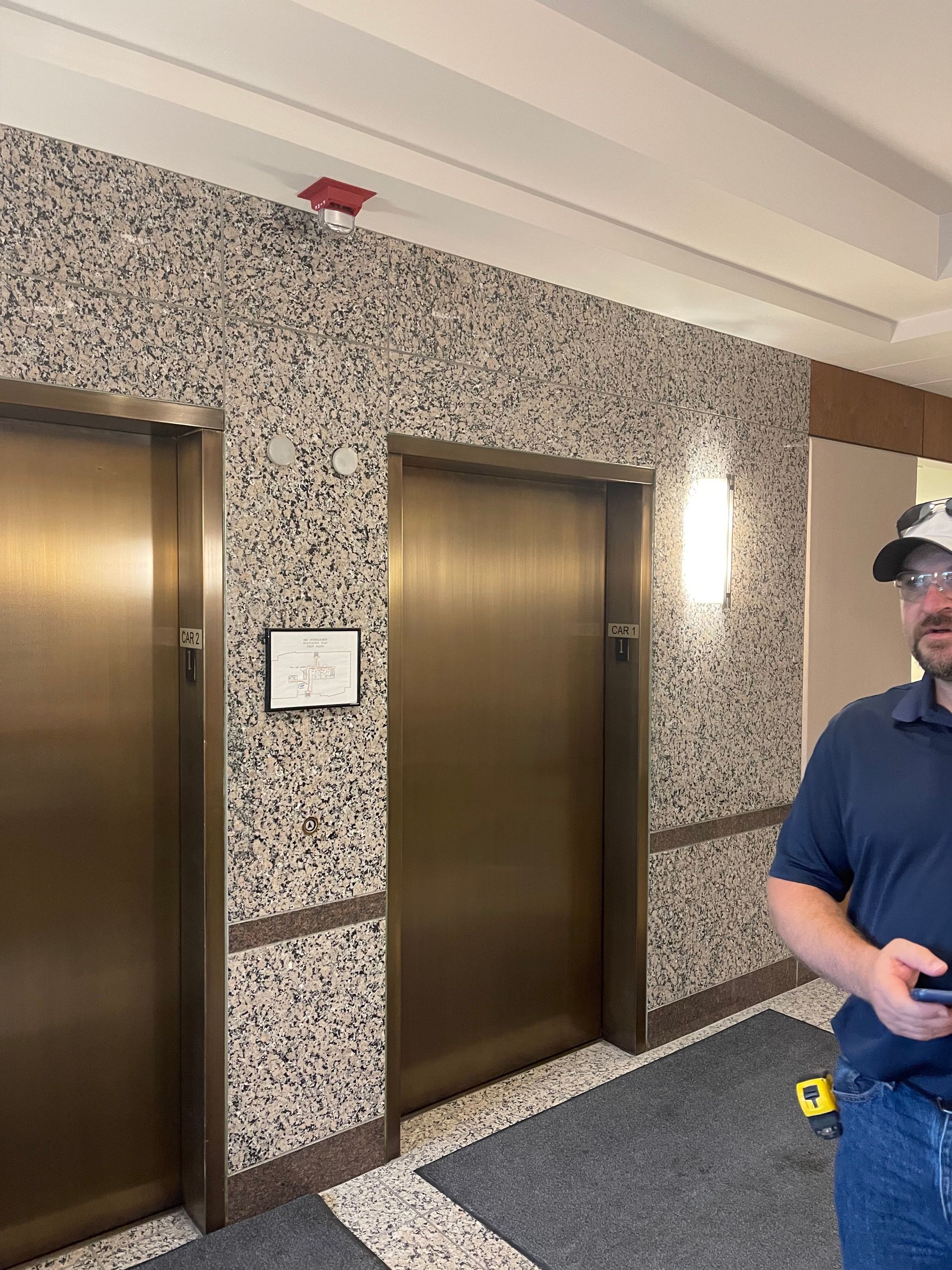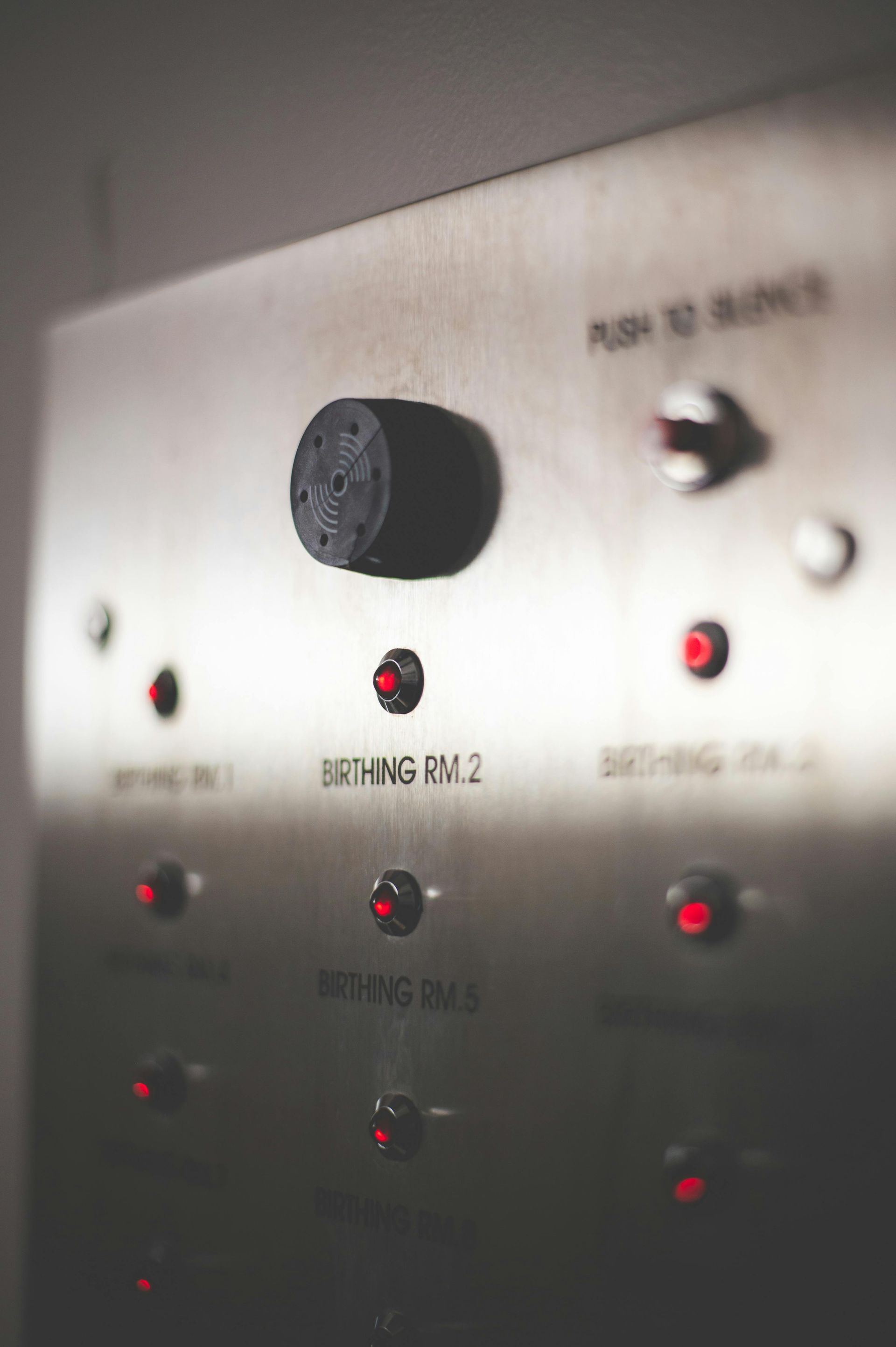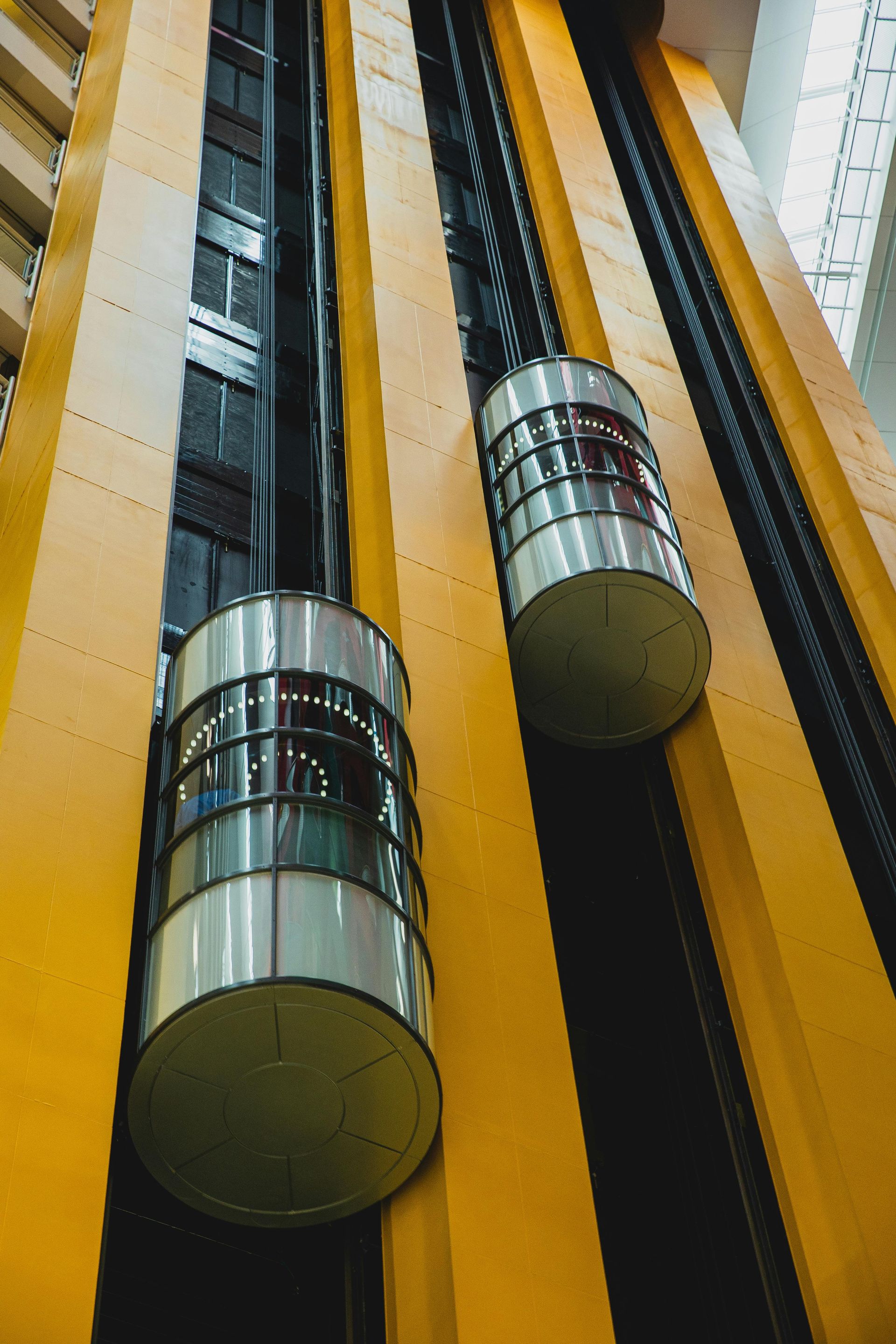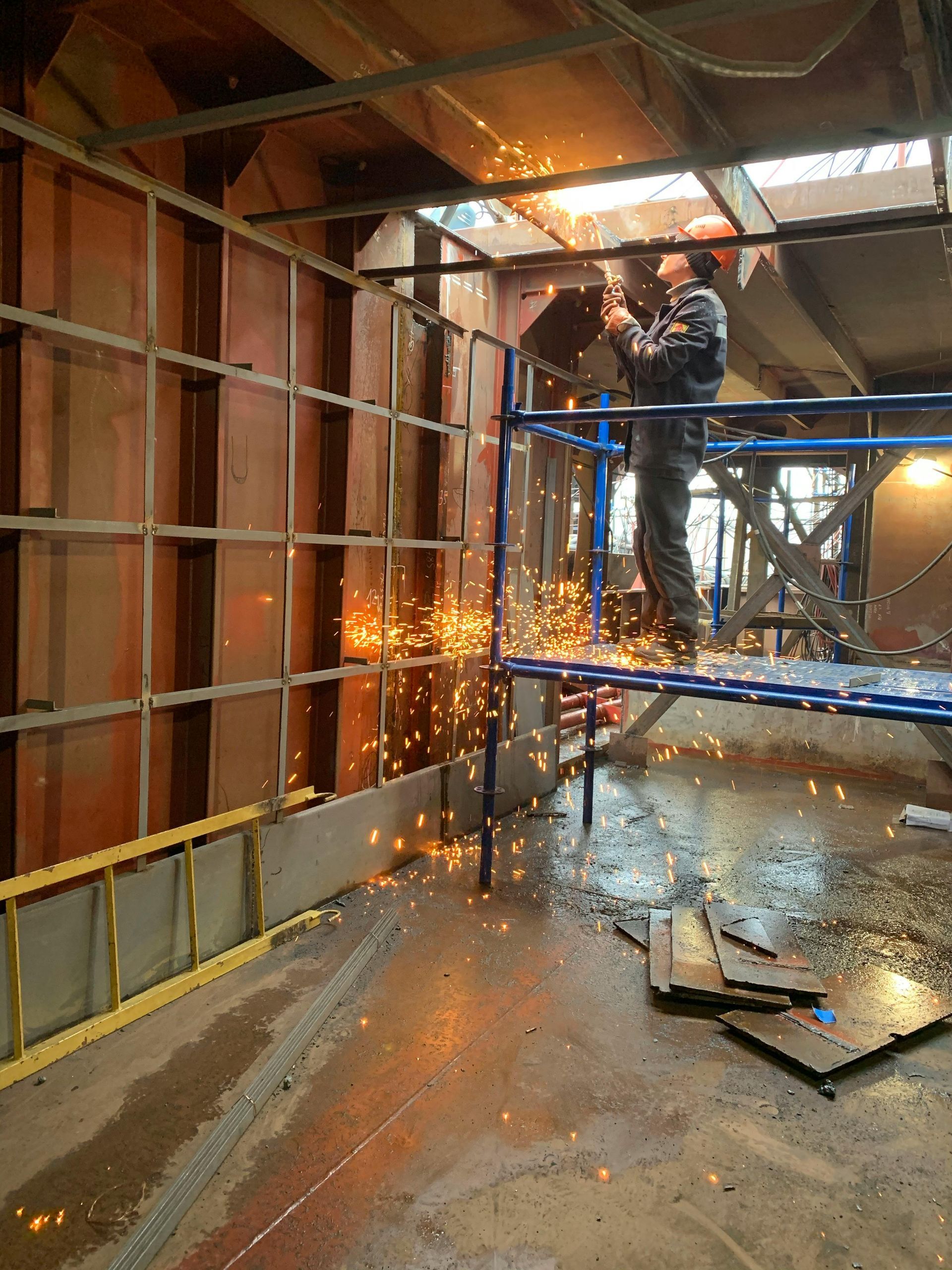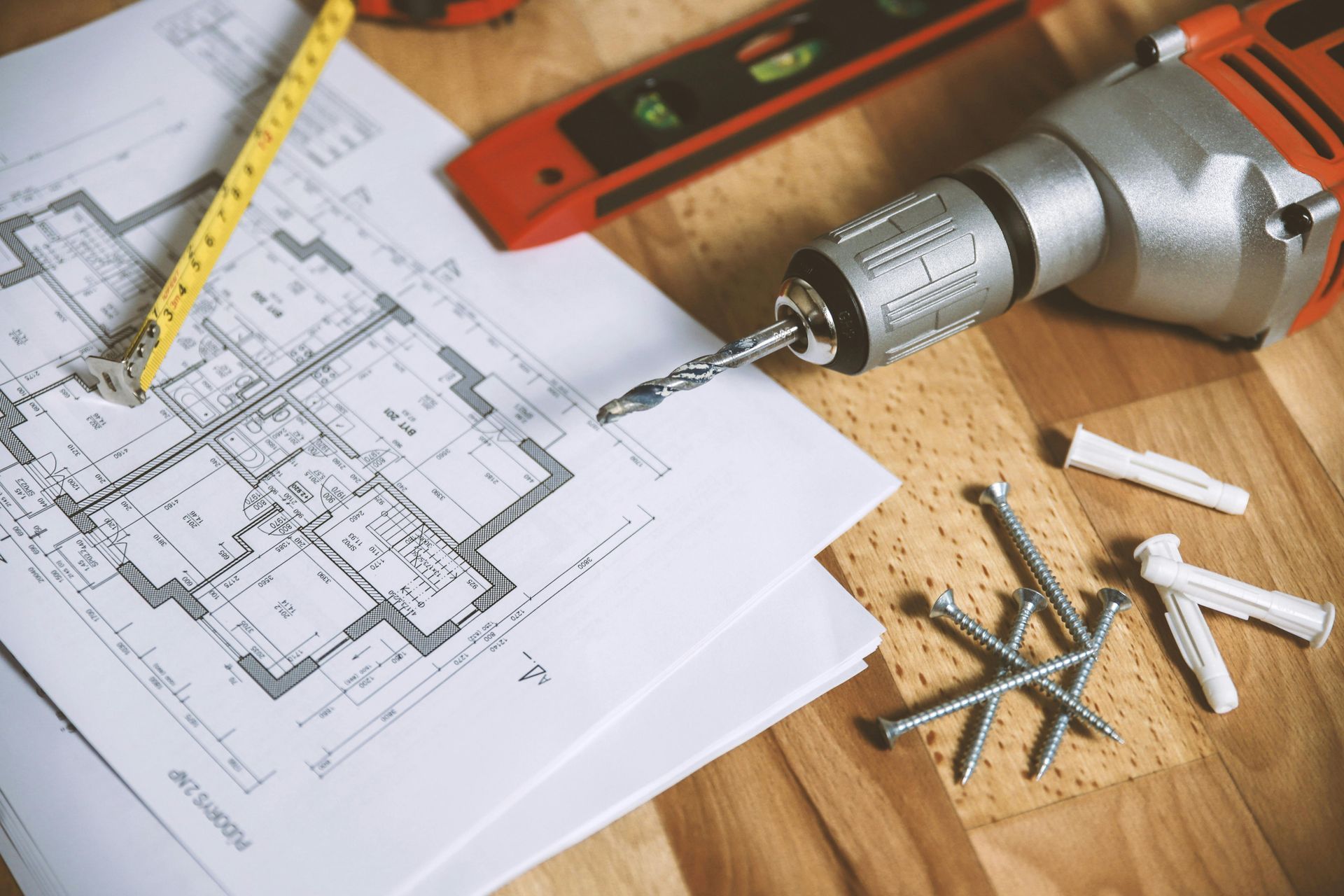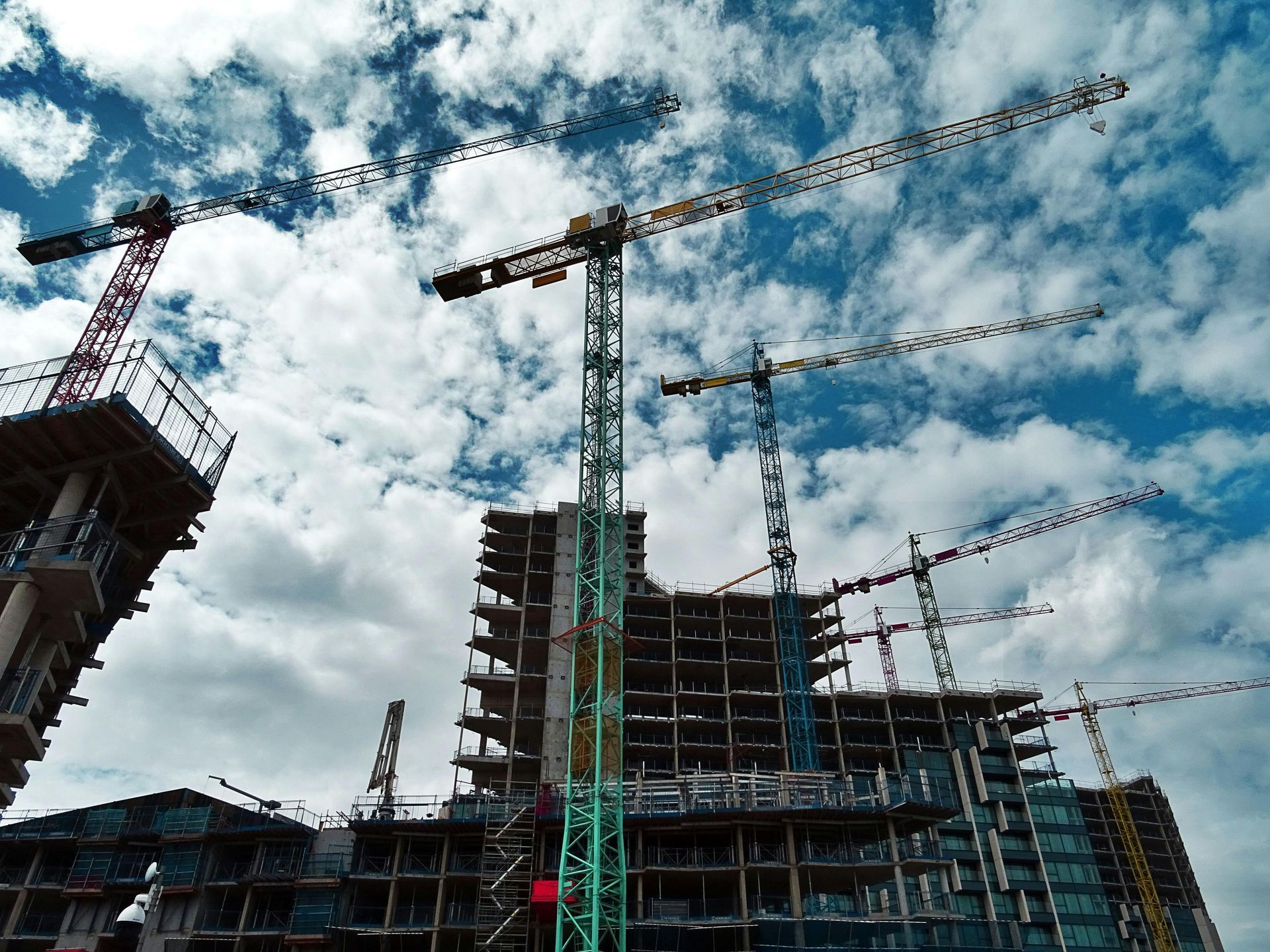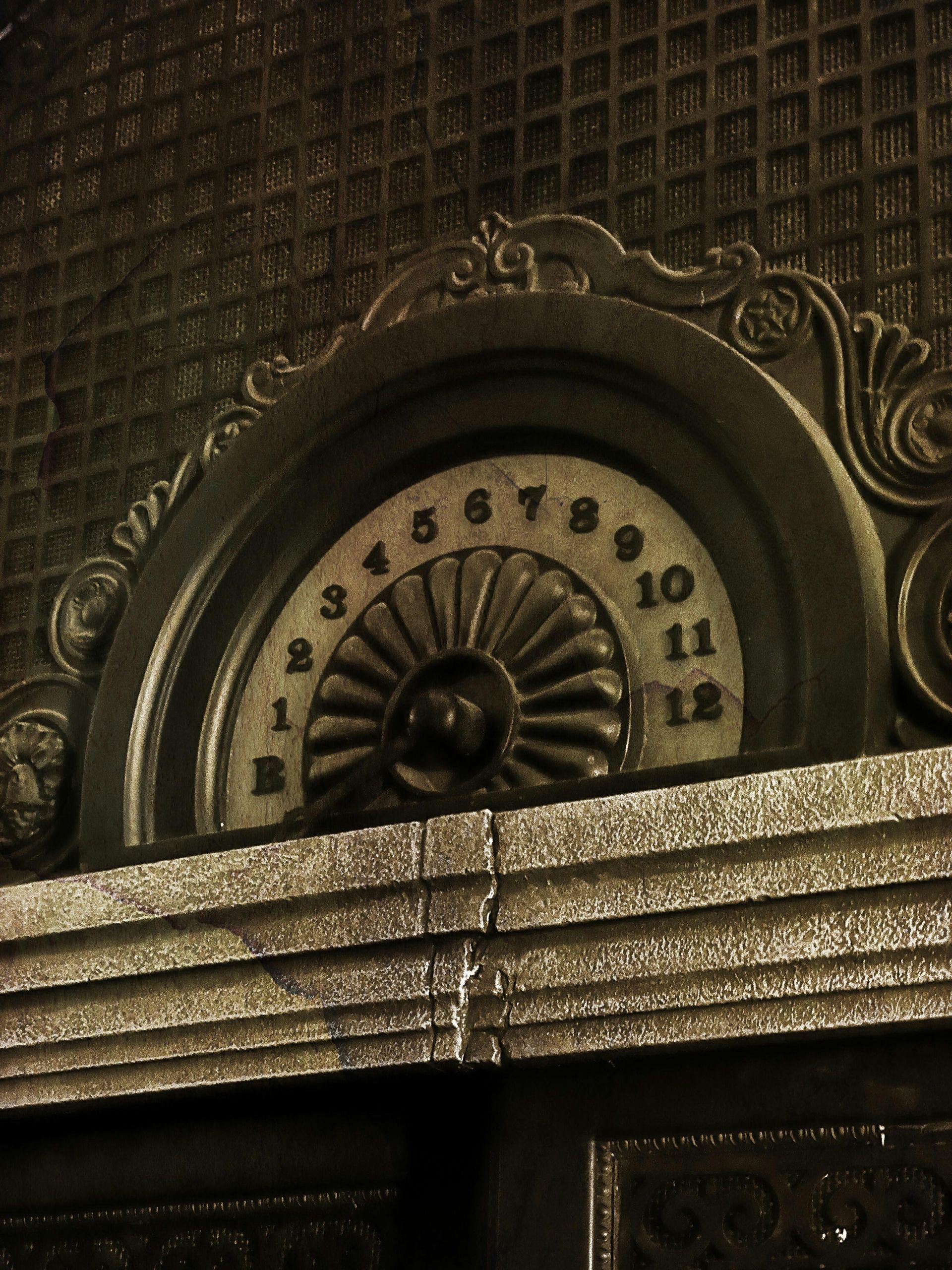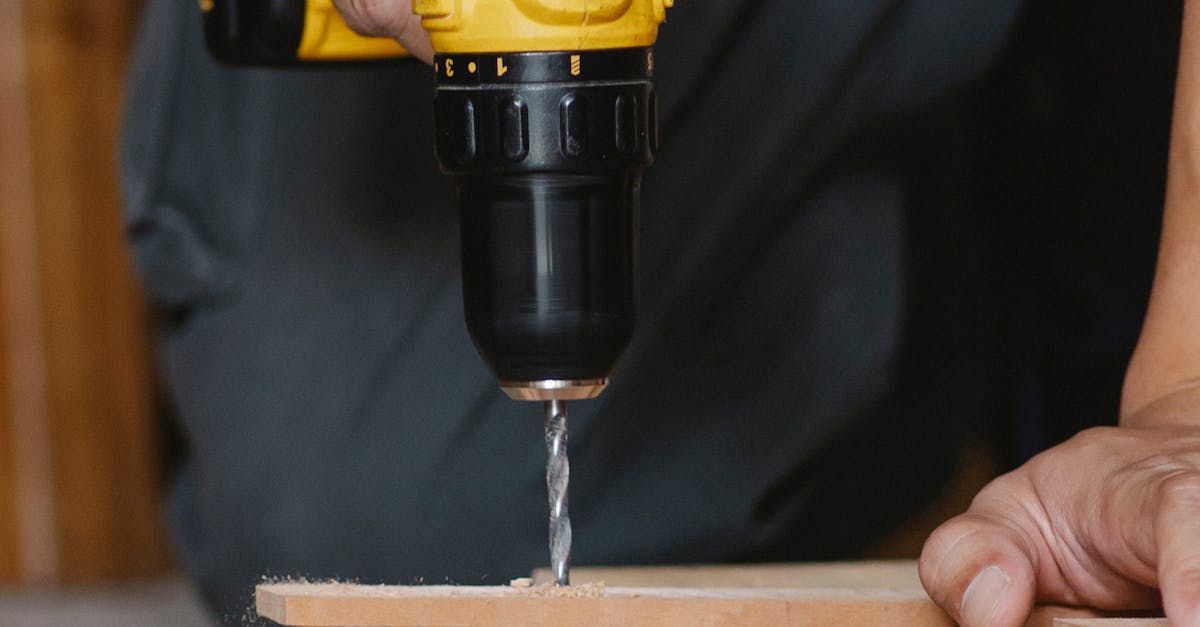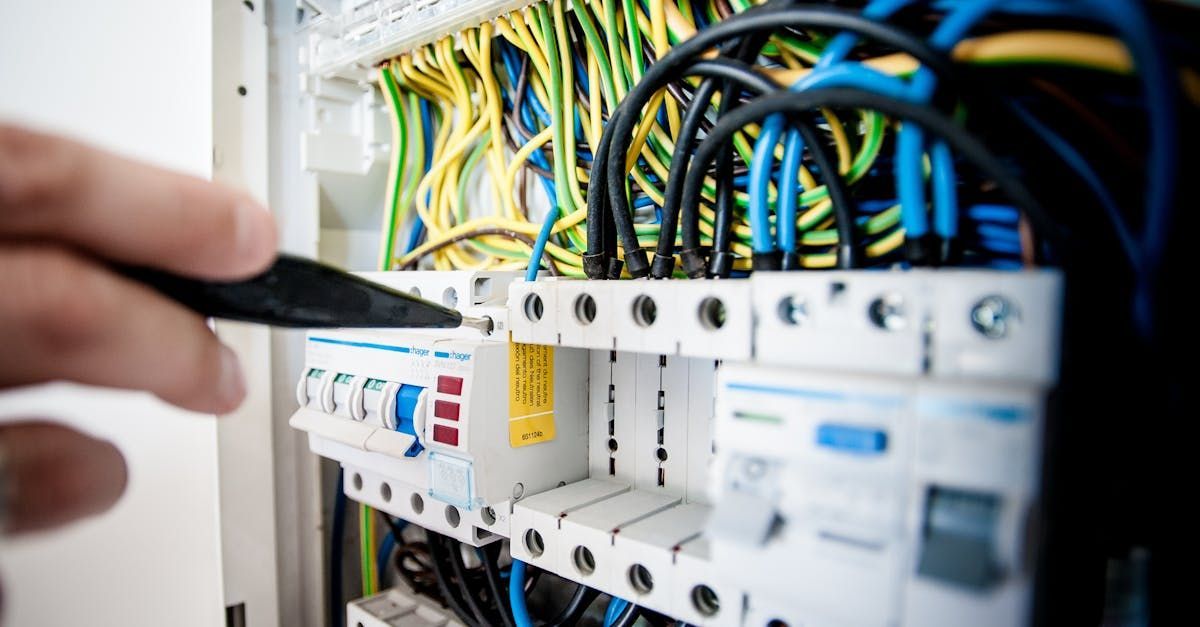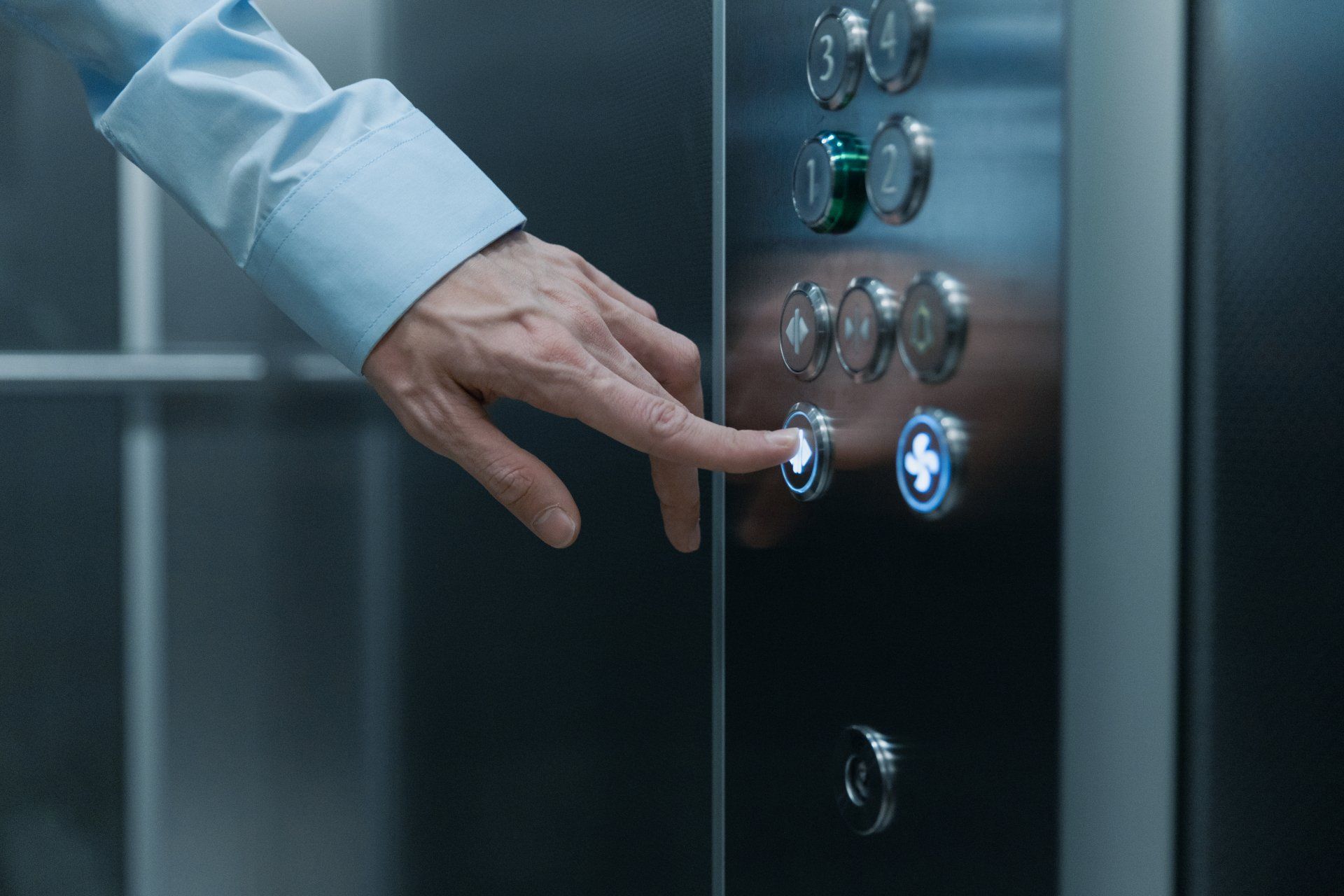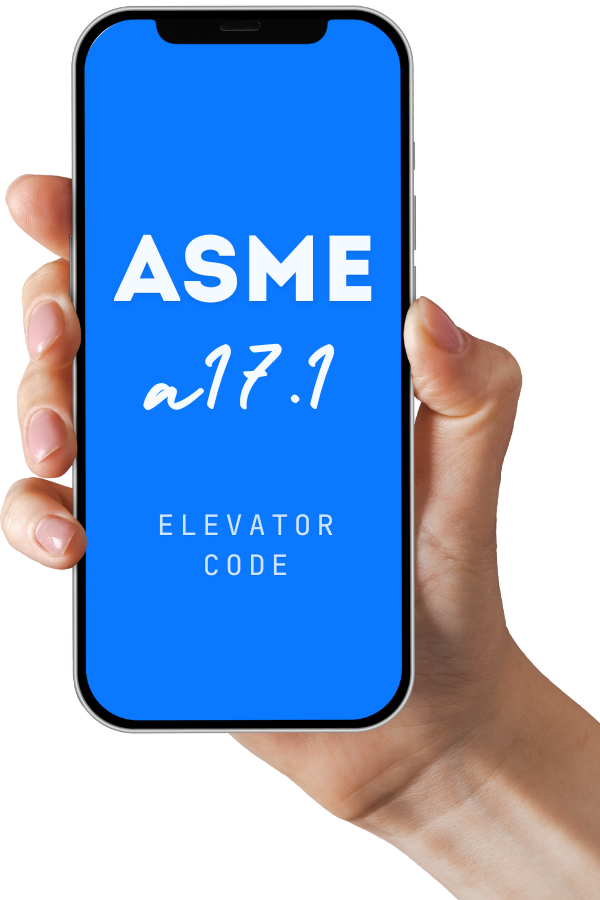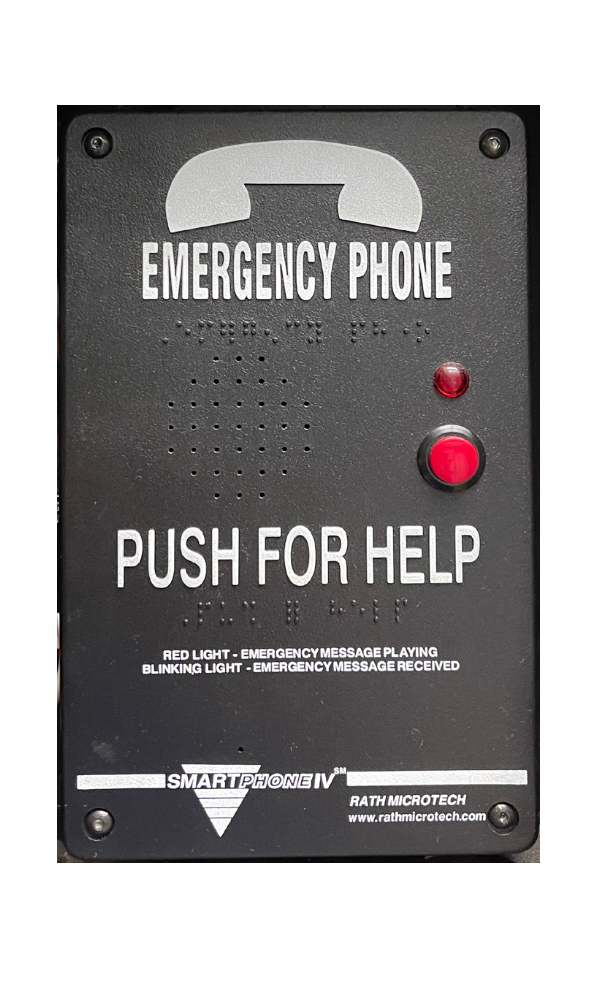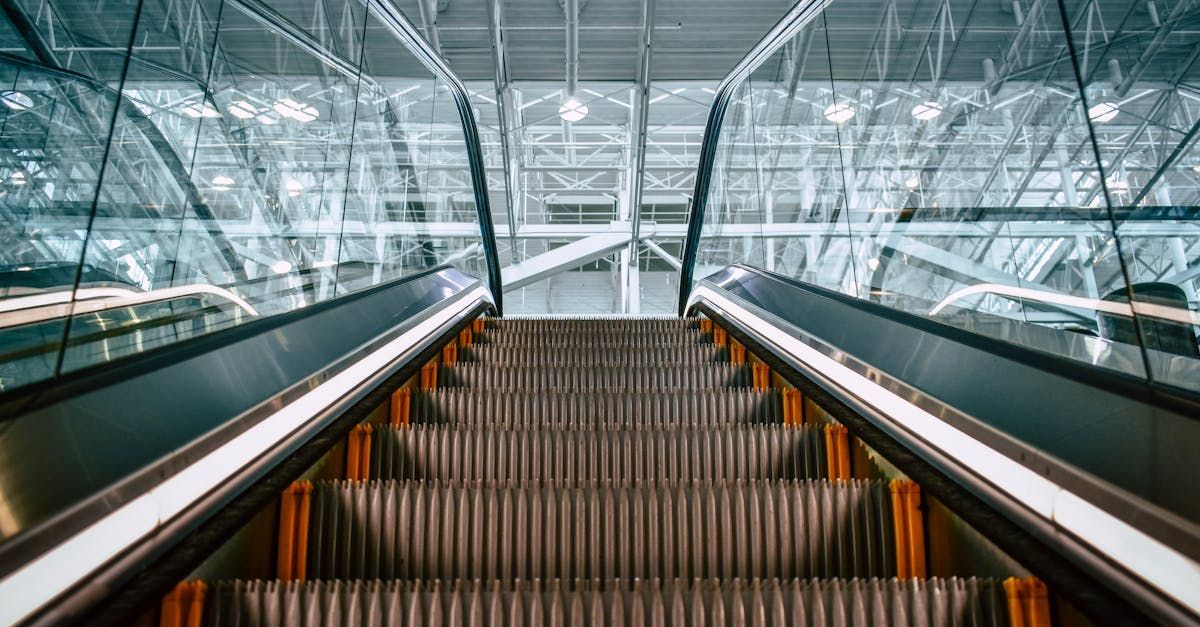Elevator Accidents
Key Highlights
- Elevator accidents, although seemingly rare, cause thousands of injuries and numerous fatalities each year in the United States.
- Malfunctions range from misleveling and door issues to speed problems and cable failures, highlighting the complex machinery involved.
- Regular maintenance, robust safety technology, and stringent regulatory oversight are crucial in minimizing risks.
- Children and elevator workers are statistically at higher risk, emphasizing the need for targeted safety measures.
- Legal action following an incident can involve building owners, maintenance companies, and even manufacturers, depending on the cause.
Introduction
The busy city of New York has tall buildings that show how much we depend on elevators to move up and down. However, there is a hidden risk inside these metal boxes that many people do not notice. Looking into elevator accidents in the United States helps us see the dangers involved. It also stresses the need for safety measures that can keep passengers safe.
Elevator Accidents: Understanding the Risks
Elevators are made for efficiency and convenience. They depend on a mix of mechanics, electronics, and human input to work well. If any of these parts break down, it can lead to serious problems. This can include doors that don't work, sudden stops, or, in the worst case, falling down the elevator shaft. Knowing these risks is the first step to staying safe.
Many people use elevators every day in the United States. Even though accidents are not very common, they can cause severe injuries or even death. That's why it's important to be aware and to have safety measures in place.
1. A close call in a downtown high-rise
Imagine a regular Tuesday afternoon in a busy downtown apartment building. An old woman steps into the elevator car, going to her home on the second floor. As the doors close and the elevator starts to move up, it suddenly jolts and then drops sharply. The elevator car stops suddenly, leaving the woman a bit shaken but safe.
While this scene might look like it is straight from a movie, problems like this remind us of the dangers of elevators, even in decent buildings. It shows how important it is to have regular checks and quick repairs. This can stop small problems from turning into serious dangers.
This incident is a strong reminder: elevator safety is very important. It is not just a detail but a key part of keeping people safe. We need to stay alert and keep up with maintenance.
2. Lessons from a tragic mishap in a residential building
In another situation, a small mistake in an apartment building led to serious results. A young family moving into a new building went through a scary experience when the elevator broke. The exact details are private, but this sad event raised a lot of worries about elevator safety. It made officials and maintenance companies rethink their rules.
After this event, many management companies provided free consultations for residents. They focused on teaching them about elevator safety. They highlighted how important it is to notice signs of problems, like strange sounds or sudden movements, and to report them right away.
This sad accident is a strong reminder that regular maintenance and safety checks are very important. They can make a big difference between life and death.
Preventative Measures and Safety Protocols
To prevent such tragedies, we need a strong plan that includes regular maintenance. Following safety rules and using new technology are also very important. While we can’t stop all accidents, focusing on these protective steps can greatly lower risks and keep passengers safe.
It is key for building owners and managers to take action. At the same time, individual awareness is important too. Together, these efforts will create a safer ride in elevators and other vertical transport.
Importance of regular maintenance checks
The importance of regular maintenance checks for elevators is very high. Like other machines, elevators need regular inspections and care to work safely and well. This means checking parts like cables, brakes, doors, and electrical systems for any damage.
A professional maintenance company should do these checks. Their certified technicians can find problems early before they get worse. It's important to set up and stick to a regular maintenance schedule. This way, any repairs or replacements can be done on time.
Also, these strict maintenance rules apply to escalators and other vertical transport systems too. This complete plan helps keep everyone safer.
Advancements in elevator safety technology
Regular maintenance is very important. The elevator industry has made great progress in safety technology, which helps reduce risks. Modern elevators use advanced control systems. These systems have many layers of backup. This helps stop any uncontrolled movements or elevator accidents.
Also, there are sensors in key places, like the floors and doors of the elevator. These sensors give real-time information about the elevator’s status. They can spot problems and turn on safety features, like automatic brakes. In an emergency, the elevator can even be sent to the nearest floor.
All these new technologies, along with strong maintenance practices, help make using elevators safer and more dependable for everyone.
Legal Considerations in the Wake of an Elevator Accident
When an elevator accident happens, it can lead to complex legal issues. Many parties may be involved, like the building owner, the maintenance company, or the manufacturer. Figuring out who is to blame takes careful investigation and legal knowledge.
Handling these legal challenges can be hard for victims. They are often dealing with physical pain and emotional stress at the same time. That's why it is important for them to get legal help. This guidance can help them understand their rights and seek fair compensation.
Navigating liability and compensation
After an elevator accident, it is important to find out who is responsible and to get fair compensation for those affected. Different people or companies might be responsible based on how the accident happened.
If the accident was due to poor maintenance or bad repairs, the building owner or the maintenance company might be at fault. If the accident was caused by a problem with how the elevator was made, then legal action could be taken against the elevator manufacturer.
Victims can ask for compensation for things like their injuries, medical bills, lost wages, and pain they experienced. A personal injury lawyer who knows about elevator accidents can help victims with the legal process. They will work to protect the victims' rights and help them get the compensation they deserve.
The role of regulatory bodies in ensuring safety
Regulatory bodies play a crucial role in overseeing elevator safety, setting stringent standards for installation, maintenance, and inspection. These bodies conduct periodic audits to ensure compliance, issuing penalties for violations and even shutting down elevators deemed unsafe.
- Occupational Safety and Health Administration (OSHA)
- Workplace Safety
- American Society of Mechanical Engineers (ASME)
- Elevator Design and Manufacturing
- National Elevator Industry, Inc. (NEII)
Beyond enforcement, these regulatory bodies actively promote safety awareness, collaborating with industry stakeholders to develop and implement new safety regulations and guidelines. By continuously improving safety protocols and addressing emerging risks, these bodies strive to prevent future accidents and protect the public.
Conclusion
Elevator accidents highlight how important it is to have regular maintenance checks and better safety technology. If we know the risks and take steps to prevent them, we can lower the chance of danger. After an elevator accident, it is important to deal with legal issues and look for compensation. Safety groups are key in keeping safety standards high. Remember, acting quickly after an accident is very important. Stay updated on how to stop these events from happening. Responsibility for elevator accidents can differ, so getting legal help is a good idea if you need it. Focus on safety to avoid future problems and keep passengers safe.
Frequently Asked Questions
What should you do immediately after an elevator accident?
The safety of everyone is the most important thing. Call emergency services right away and tell them about the accident. If you can, try to stay calm and help anyone who is hurt while waiting for help to arrive.
How can elevator accidents be prevented?
Regular maintenance done by skilled technicians is necessary. Following strict safety rules is important, too. It is also vital to stay updated on the latest technology in elevator systems.
Who is liable for elevator accidents?
Liability can depend on what caused the accident. Some parties that might be responsible are the building owner, the maintenance company, or even the manufacturer if there was negligence or if the equipment was faulty.


